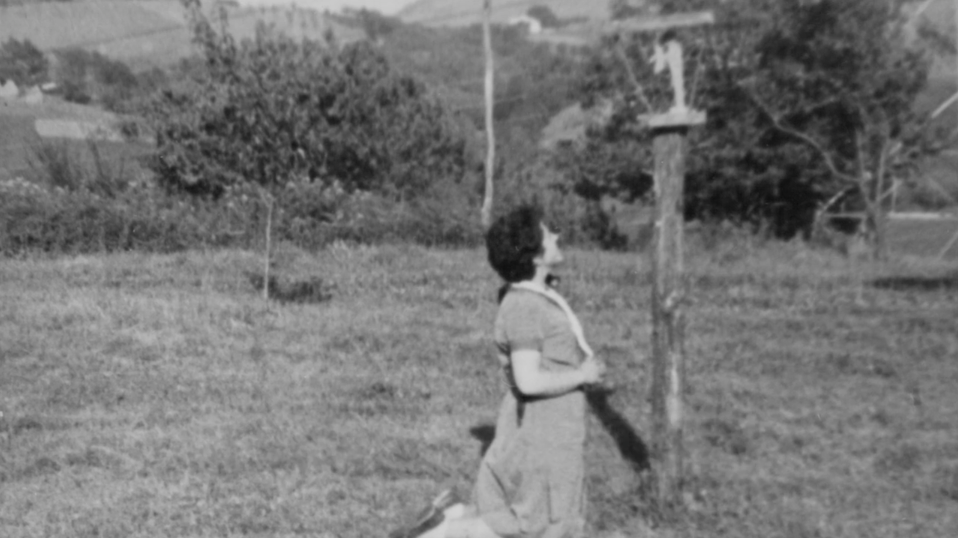In today’s lively LGBTQ+ community it can be easy to think that youth culture is primary representative of the movements’ ideals. However, Open Windows, screened by The Scottish Queer International Film Festival, challenges that assumption. This documentary, about four lesbian women in their seventies, challenges stereotypes and offers increased visibility to the older generation’s past and present experience. Although the film highlights a bygone era where terms like “lesbian” weren’t common, the message of the film is progressive. Overall, it is a call for the present LGBTQ+ movement to recognize the strides lesbians made in the past and to acknowledge those strides both in policymaking and in the community.
Preceding Open Windows, the short film Are We Being Served? was screened with LGBT Health and Wellbeing’s group, LGBT Age. This short film works very well as a way of culturally linking Scotland’s individual experience to the generational LGBTQ+ issues explored in the main feature.
Open Windows begins by following the narratives of Boti, Empar, Micheline and Jocelyne from their initial realizations of being different, to the trials of finding love as a lesbian, to the battle of feeling old versus looking old. Micheline and Jocelyne portray a dual experience of uncovering their own sexualities together. They fall in love at the ripe age of 69, an experience they insist is the cure for old age. Boti and Empar, on the other hand, approach the issue of aging by addressing the mental process of paying attention to one’s sexual desires and acknowledging them regardless of age. However, the film ultimately turns towards the women’s defining experiences with activism to emphasize the need for lesbian visibility.
As part of a generation that defined the LGBTQ+ movement, the four women in Open Windows represent voices that cannot be ignored. The film gives a final message that not only do personal narratives increase understanding of the LGBTQ+ community as a whole, but that communication between the old and young members of this group is absolutely vital.
Reviewed by Gina Pieracci

